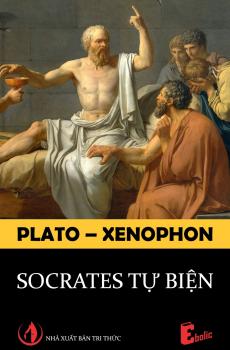An Introduction to Psychology
An Introduction to Psychology
Đăng nhập để đọc sách và tải về file pdf miễn phí
| Nhà xuất bản | Chưa rõ |
|---|---|
| Nhà xuất bản sách tiếp cận | Public domain |
| Năm xuất bản | 2014 |
| Coppy right | Chưa rõ |
CHAPTER I
CONSCIOUSNESS AND ATTENTION
Psychology as a description of processes of consciousness—The metronome—The rhythmical disposition of consciousness—The scope of consciousness—The threshold of consciousness—The fixation-point and field of consciousness—The focus of attention—The scope of attention—Apprehension and apperception
CHAPTER II
THE ELEMENTS OF CONSCIOUSNESS
Psychical elements and compounds—Sensation and idea—Memory images and perceptions—Quality and intensity of sensations—Feelings—Difference between sensation and feeling—The three pairs of feelings—The affective process—Emotions and moods—Volitional processes—Motives—Instinctive, voluntary, and discriminative actions—The qualities of feelings—Feeling and apperception
CHAPTER III
ASSOCIATION
Associations and apperceptions—The fusion of tones into clangs—Spatial and temporal perception—Assimilation and dissimilation—Direct and reproduced forms of the same—Complications—The recognition and cognition of objects—Successive association—The so-called "feeling of familiarity"—Secondary ideas—The affective processes in recognition—The so-called states of consciousness in forgetting, remembering, &c.—Memory associations
CHAPTER IV
APPERCEPTION
General characteristics of apperceptive combinations as compared to associations—The aggregate idea and its analysis—Concrete and abstract thought—Speech and thought—Understanding and imagination—Examples of primitive forms of speech in the language of primitive races—Development of apperceptive combinations out of associative ones—Inadequacy of the method of introspection in dealing with the psychological problems of thought—Psychology of language and race
CHAPTER V
THE LAWS OF PSYCHICAL LIFE
The relation between psychical and natural laws—The psycho-physical individual—The question as to the universal validity of the laws—The principle of creative resultants—The principle of heterogony of ends—The principle of conditioning relations—The principle of intensifying contrasts—The psychological and physical standpoints—Relation between physical and psychical values—Physical and psychical elements—The nature of the soul—Mythological views—The "substance" hypothesis—The principle of the actuality of mind














